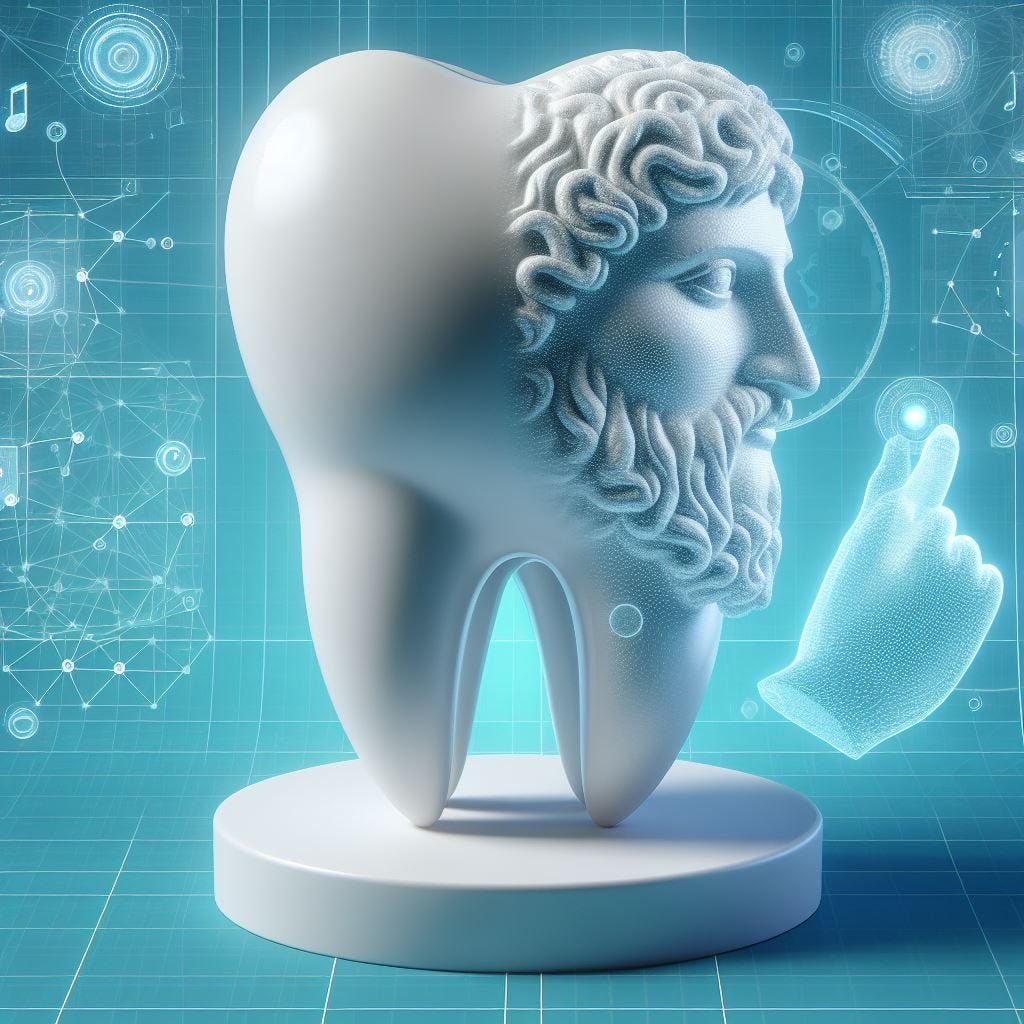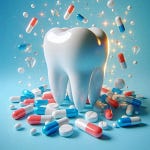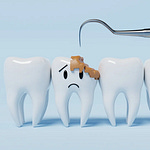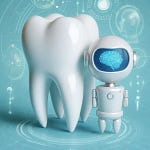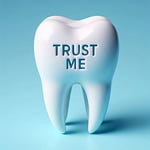Artificial intelligence applications will undoubtedly lead to efficiencies in the way that dentistry is practised, and has the potential to improve outcomes for patients as increasingly sophisticated tools allow improvements in diagnostic accuracy and treatment decisions.
However, it is not without risk. Every new innovation has the potential for unintended consequences – things that the developers could not possibly foresee. But there are already a range of known ethical issues, and it is important that the dental profession grapples with these now to ensure that new tools are developed taking some of these important considerations into account.
For example, artificial intelligence applications already exist that can diagnose caries and periodontal disease with the aim to reduce variability and ensure that nothing is missed. There are risks related to how algorithms are trained to detect disease, and whether that might lead to overdiagnosis (and therefore over-treatment). Part of the problem is how we define diagnostic criteria and appropriate and evidence-based treatment. Software developers often have proprietary systems that make it difficult for others to appraise and evaluate the quality of the evidence that supports their tool. There are also known issues with the generalisability of tools that are trained on data from one population sub-group that means that they might not work across broader populations.
As artificial intelligence takes over clinical functions, dental practitioners will lose some autonomy, so there is concern about the impact it will have on their wellbeing. Medico-legal lines will also become blurred – who is responsible for the ultimate decision making? What if a clinician ignores the diagnosis or treatment suggestions of a validated algorithm and there is patient harm as a consequence? Back office functions will also become streamlined, so there is a need to consider the impact as some staff or team roles become redundant.
Insurance companies and governments will turn to machine learning and big data for audit purposes, to determine whether funds are being used in a clinically appropriate manner. The other inevitability is the move to direct-to-consumer applications using smart phone technology to provide a ‘diagnosis’ and recommended treatment options to patients, or act as a virtual second opinion.
And of course there are data security and privacy concerns as artificial intelligence tools gather up larger and larger databases of patient clinical information to train and report on.
In the second part of this series on artificial intelligence, I again speak to Dr Max Ganhewa, co-founder of CoTreatAI to discuss some of these ethical issues that are important in the broader discussion on artificial intelligence in dentistry.
You can listen to the podcast here, and it is also available on Spotify and Apple Podcasts - don’t forget to follow/subscribe, and share with your friends.
Previous Episodes
In case you missed it, you can catch up with the previous episodes of the Dental As Anything podcast here.
Episode 1: Mouthwash
Episode 2: Ethics, professionalism and the imagination
Episode 3: Public dental funding lacks teeth, but is change coming?
Episode 4: If in doubt, fill ... dogma, myths and clinical judgement in caries management.
Episode 5: How will artificial intelligence change dentistry?




